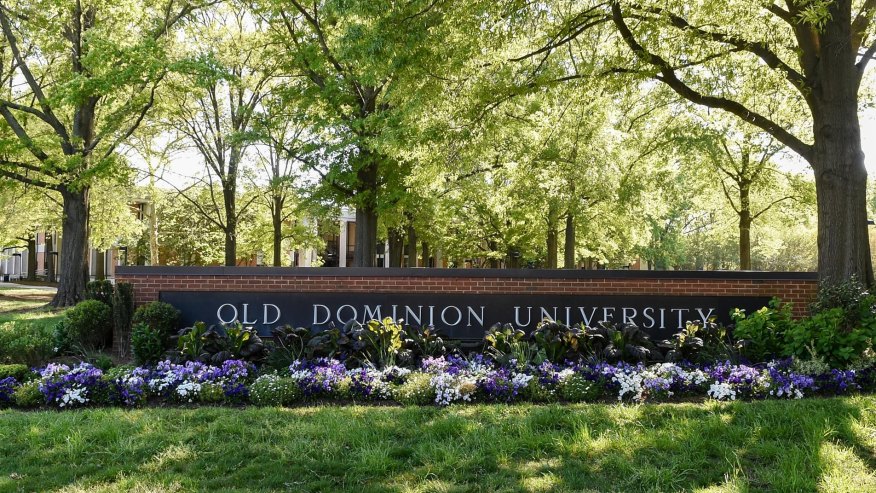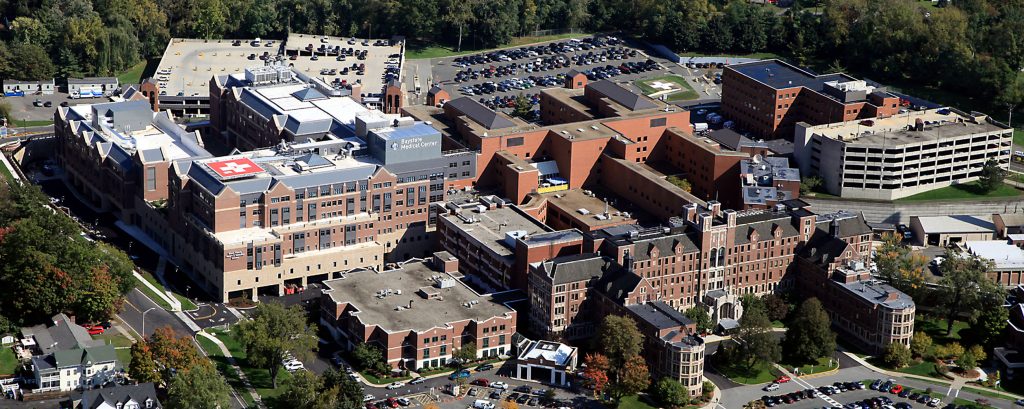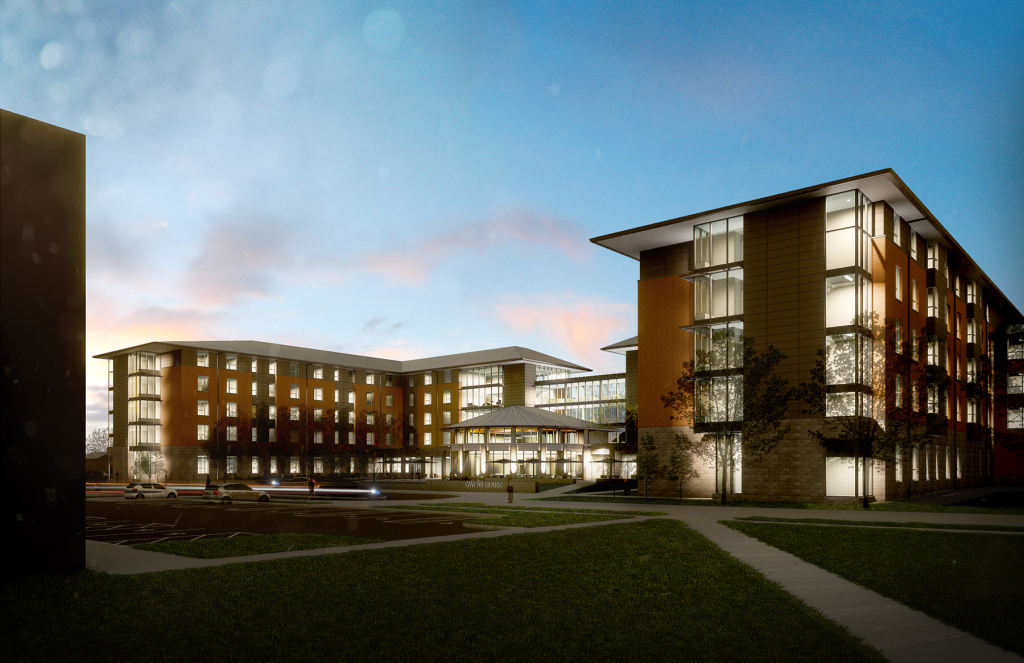The transition from high school to college is one of the most important stages in any teenager’s life. Although some will undoubtedly cling to their fading senior experiences, I am ready to embrace the future with open arms and dive head-first into all that Old Dominion has to offer. Despite the tuition and lengthy car drive, the privilege of expanding my academic horizons and experiencing new cultures is incredibly fulfilling and, in my opinion, worth more than anything money can buy. Activities such as going to the gym, making new friends, and forming study groups are on my first-semester bucket list, as being a member of my high school’s cross-country team greatly assisted in nurturing my love for intense physical activity and collaborating with others. Unfortunately, such opportunities give way to formidable challenges, specifically in the realm of education. While I’ve succeeded in taming the procrastination monster, the tendency to throw myself into academics is more prevalent than ever. I often disregard my mental health in favor of studying, and any down time is spent polishing unfinished assignments. This mentality regularly impacts my day-to-day life, which leads me to believe that any clubs or university commitments are out of the question. However, I hope to break this detrimental habit over the course of the semester, as it would not only benefit my college experience, but make it much easier to achieve my goal of becoming a nurse.

Five to ten years from now, I hope to be working as a nurse in the United States Navy. I’ve always had a passion for helping those in need, and the ability to assist people of all cultures while simultaneously defending this country is one of the greatest opportunities a person could ask for. Though the profession can be physically and emotionally exhausting, it offers the potential to make decisions that could help people live longer, healthier lives, an act both fulfilling and incredibly inspiring to civilians around the globe. Aside from my passion for helping others, I am a firm believer in peer collaboration and possess an affinity for learning new things. While the ever-evolving nature of nursing can be quite daunting, my ability to adapt and maintain composure in times of stress will assist in promoting a work environment that could benefit both my patients and future coworkers. In an attempt prepare myself for the nursing program, I not only participated in various volunteer engagements through my local church, but also provided care for patients at the Wilbraham Life Care Center as well as Baystate Medical Center, a hospital located in Springfield, Massachusetts. Although volunteer experience is important, I believe that a strong academic performance, along with good study habits, is essential for success.

Education-wise, high school is an experience composed of potential and self-discovery, as it prompts students to ponder their ambitions and lay the groundwork for future endeavors. College, however, is the first step towards fulfilling dreams and, for some, lifelong ambitions. In this environment, we learn the art of negotiation and cultural blending, resulting in personal and social growth. Students are also exposed to an influx of homework, which ultimately leads to an exponential increase in study time. Although society tends to use these terms interchangeably, each one carries its own set of fundamental differences. While homework includes answering questions provided by an instructor or textbook, studying requires processing learned material, either to review what’s already been covered or prepare for future classes.
In my case, I plan on dedicating three to four hours a week reviewing history and sociology, for these courses require memorizing large amounts of vocabulary and important information. Science-based courses such as chemistry and health professions will receive two to three hours of attention, as both courses come easier to me. In order to avoid any distractions—technology, friends, and familiar environments to name a few—I intend on utilizing the Owens common area and Perry Library. Since these locations offer an abundance of resources and places to study, I will feel more motivated to be proactive and focus on my education. Due to my love for quiet environments, I tend to study early in the morning. This way, distractions are kept to a minimum and I can process oncoming information in a productive, yet efficient manner. In terms of study techniques, flashcards and note-taking have always been extremely helpful for remembering dates, definitions, and important events, which will undoubtedly benefit when studying for exams. For pragmatic courses, however, I prefer doing practice problems and reviewing material located in textbooks or power points.

For many students, college is an incredibly exciting, yet daunting experience. Attending a university can open doors to an abundance of opportunities, but also yield intimidating obstacles along the way. However, I hope that by getting involved, practicing good study habits, and asking questions, I will be able to overcome these challenges and reach the goals I aspire to achieve.